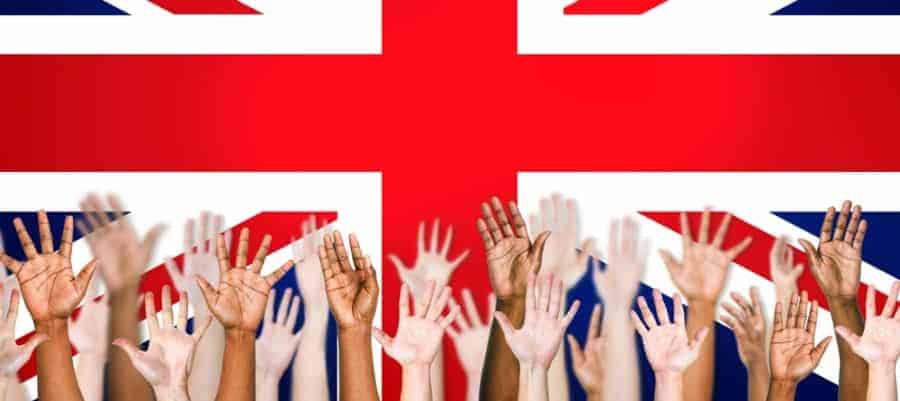As Prince Harry visits Australia to complete a military exchange programme, the main parties in the UK are debating the future of foreign policy in the lead up to the national election on May 7th. Unfortunately, the Commonwealth has not been a consideration in the majority of public discourse and Australians would be forgiven for believing that the UK has left them behind.
The United Kingdom Independence Party (UKIP) is reintroducing the concept of a true Commonwealth alliance into the political debate. During the ITV Leaders Debate, Nigel Farage asserted that if the UK were to withdraw from the EU, it would be beneficial to the country to have trade and migration agreements with the country’s ‘real friends’ in the Commonwealth.
In order to confirm if this was an official party stance and not just Farage’s own opinion, I tweeted at Hermann Kelly, the Head of Communications for the EFDD Group and PR advisor for UKIP, who confirmed that policy documents would be released soon.
Is there a future for the Commonwealth?
There are 2 billion citizens in the Commonwealth, many of whom hold the Queen in the highest possible regard, are educated in English history and culture, and have defended the United Kingdom in two world wars. But this alliance has been reduced to ceremonial, and the number of Australians able to migrate to the UK has nearly halved in the last 5 years.
As long as the United Kingdom remains in the European Union under an agreement of Freedom of Movement, the government will have to exponentially reduce the number of non-EU citizens (Commonwealth or otherwise) migrating to the country as that is the only form of immigration that the government has any control over.
Whilst UKIP could potentially win enough seats to hold the balance of power between the two major parties, it is incredibly unlikely that Britain will leave the European Union Freedom of Movement agreement in the next decade. The Conservatives and Labour are both ideologically in favour of maintaining ties with the EU, although Cameron has noted that he would like to ‘negotiate’ the terms of UK membership.
What Commonwealth?
Many young people in Britain are blatantly unaware that any kind of Commonwealth alliance exists, which is possibly a result of maturing through education in a decade when the media is entirely geared towards promoting Britain as a member state of the EU.
Whilst this is unfortunate for Australians moving to the UK, I believe that ideologically and culturally the next generation of British citizens feel more connected to Europe than the Commonwealth. I am yet to read an economic argument in favour of Britain cutting ties with the Commonwealth in favour of the EU, so I am led to believe that the reasoning is purely ideological.
IMAGE: via Shutterstock.com








 Explore top-rated compensation lawyers in Brisbane! Offering expert legal help for your claim. Your victory is our priority!
Explore top-rated compensation lawyers in Brisbane! Offering expert legal help for your claim. Your victory is our priority! 

 "
"


